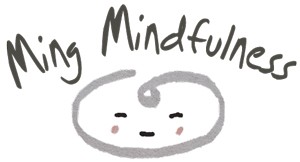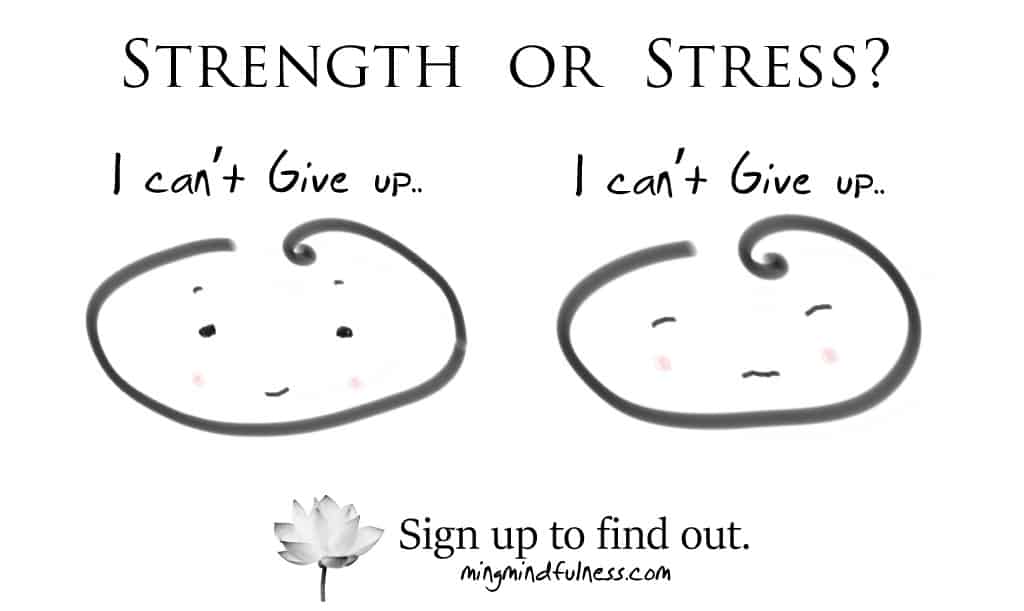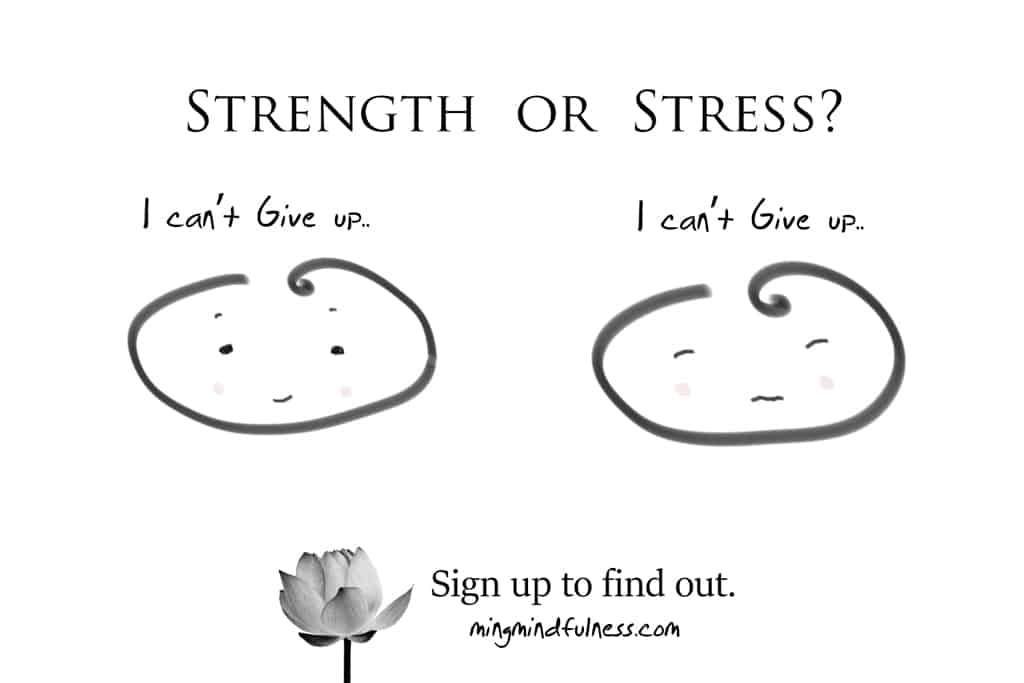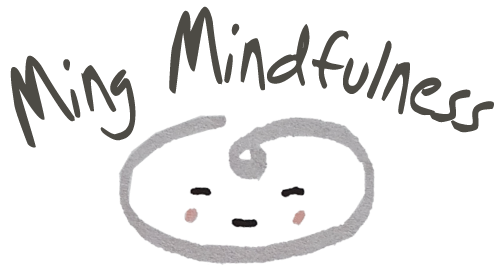
Photo by Rishabh Dharmani on Unsplash
It’s an irony right from the beginning.
When learning mindfulness, the suggestion is to come up with a disciplined routine to mess up existing ‘routines’. A habitual practice to undo the practical habits. The habits of perpetual doing. The autopilot mode.
The mind likes to fix? Let’s observe instead.
Have a tendency to eat mindlessly? Let’s eat mindfully.
Constantly striving? Let’s let it be.
It’s the simple first step to transformation… except when it isn’t that simple. After all, we are cultivating a habit to destroy habits. How is that going to pan out? It’s going to pan out exactly the way it should — confusion, feeling stuck or discouraged, wondering if you are doing it right, or if this is leading anywhere. If you are feeling all of these, trust me, it’s right. However, if you are feeling awesome, relaxed, and calm, it’s right too.
Ha!
The mind likes to know what’s right and what’s wrong? Let’s have no wrong.
If one keeps with the practice over and over again, it’s bound to pay off. Now it’s bound to stick too. At some point, a wise mindfulness teacher would say, ‘let go of the practice while practicing’. There is no practice. Just when you thought that you have a good habit and discipline going, they say let it go.
The mind likes certainty? Let’s learn that the only certainty is change.
All habits are useful until these take over —
Over attachment.
Psychological inflexibility.
Rumination.
Tightness & tension.
Discontentment.
Unhappiness.
Doesn’t it make sense that allowing ironies and paradoxes is then a sensible thing to cultivate?
Put together a routine and discard it.
Develop the intentional habit of undoing habits.
Developing the wisdom and space for both discipline and flexibility.
Be ok with getting it and not getting it.
That’s the true relief.
Next 8-week mindfulness program happening in Aug 2022
👉 Upcoming MBCT-L program









